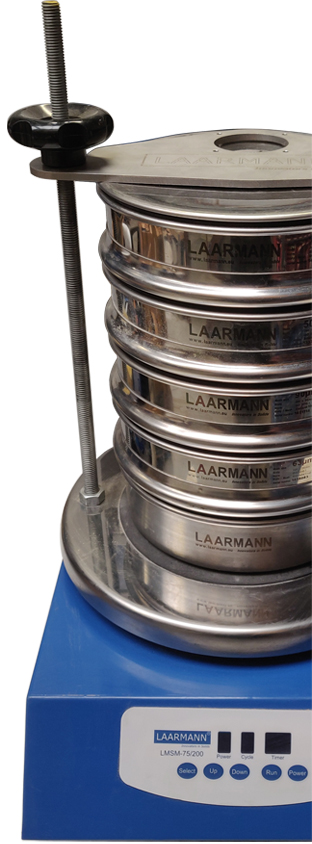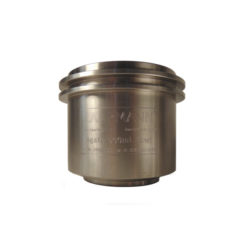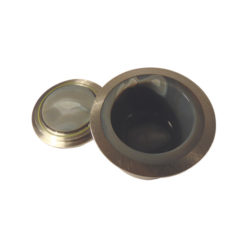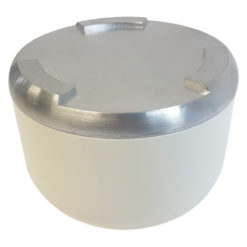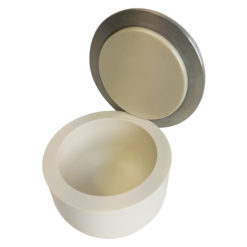Grinding jars
Grinding jars are containers used in various laboratory and industrial grinding processes. They are designed to hold the grinding media and the material to be ground during the milling or grinding operation
Grinding jars are typically made from materials that are compatible with the grinding process and the specific material being ground. Common materials used for grinding jars include stainless steel, ceramic, agate, zirconia, or tungsten carbide. The choice of material depends on factors such as chemical compatibility, wear resistance, and desired particle contamination levels.
Grinding jars come in different sizes and capacities to accommodate various sample sizes and grinding requirements. They can range from a few milliliters to several liters in capacity, depending on the application and the amount of material to be ground.
Grinding jars should be cleaned thoroughly after each use to prevent cross-contamination between different samples. They may require specific cleaning procedures based on the material and media used. Regular inspection and maintenance of the grinding jars, including checking for cracks or wear, is important to ensure their integrity and performance.
Grinding jars provide a controlled environment for grinding and milling processes, facilitating particle size reduction and sample preparation. They are designed with materials and features that promote efficient grinding, sample integrity, and compatibility with various grinding media. The choice of grinding jar depends on the specific application requirements, such as material type, grinding media, and desired particle size range.
Grinding jars
Grinding jars
Grinding jars
Grinding jars
Grinding jars
Grinding jars
Grinding jars

